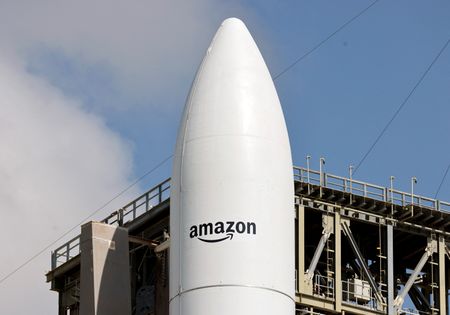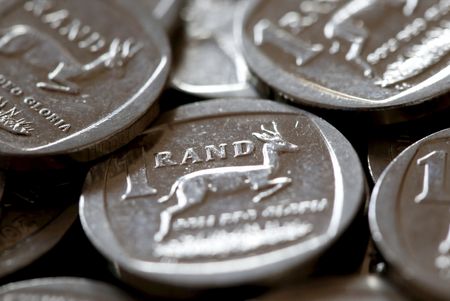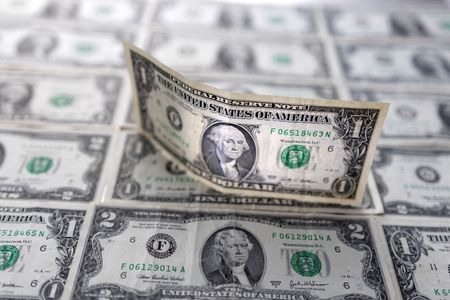By Nafisa Eltahir
CAIRO (Reuters) – Nigeria plans to tap 2 billion euros ($2.2 billion) this month or next of the money it raised in a eurobond sale last year and target more local borrowing in 2022 to help fund its costly petrol subsidies as oil prices rise, Finance Minister Zainab Ahmed told Reuters.
Ahmed said the country will not tap the eurobond market this year.
“Rising oil prices has put us in a very precarious position … because we import refined products … and it means that our subsidy cost is really increasing,” she said on the sidelines of an Arab-African conference in Cairo.
Nigeria’s government in January reversed a pledge to end its subsidies then, and instead extended them by 18 months to avert any protests in the run-up to presidential elections next year.
But the price of oil has soared.
The West African country depends almost entirely on imports to meet its domestic gasoline needs, even though it is a crude oil exporter. It is also facing shortages after taking delivery of some unusable substandard gasoline.
President Muhammadu Buhari in a letter to parliament in February requesting extra funds to pay for petrol subsidies said the country’s budget deficit would rise to 4% of GDP as the government eyes new domestic borrowing.
The deficit was originally set at 3.42% of GDP.
Petrol subsidies cost Nigeria up to $7 billion a year in revenue.
Ahmed said that the government was working with lawmakers to boost revenues and that the rise in oil prices means that borrowings will increase more than planned.
($1 = 0.9118 euros)
(Writing by Chijioke Ohuocha; Editing by Hugh Lawson)











